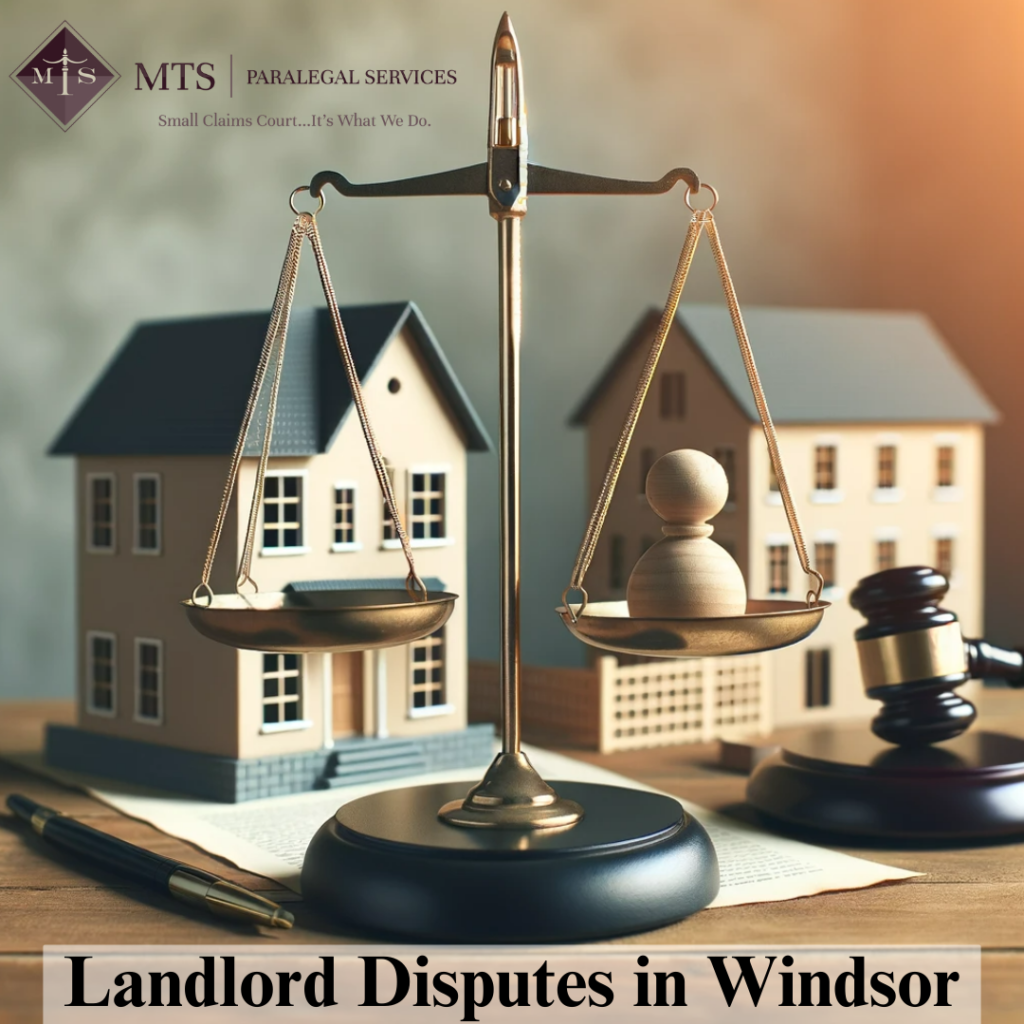
Handling Landlord Disputes in Windsor
Navigating landlord disputes in Windsor can be a challenging affair. Understanding the nuances of dispute resolution methods is essential for both landlords and tenants to maintain harmony and legal compliance. This article delves into effective strategies and legal avenues to resolve such disputes amicably.
Understanding Landlord-Tenant Relationships
Communication is key in any landlord-tenant relationship. It’s vital to establish clear and open lines of dialogue to preempt potential disputes. Regular check-ins and transparent conversations about property conditions and expectations can prevent misunderstandings.
The Role of Rental Agreements
A well-drafted rental agreement is your first line of defense. It should clearly outline the rights and responsibilities of both parties. Ensure that it covers aspects like rent, maintenance, and dispute resolution procedures.
Common Causes of Landlord-Tenant Disputes
Disputes often arise from issues like rent increases, property maintenance, security deposits, and lease terms. Understanding these common triggers can help in developing proactive strategies to avoid conflicts.
Dispute Resolution Methods
Effective dispute resolution is crucial for maintaining a healthy landlord-tenant relationship. Methods like mediation, arbitration, and negotiation offer avenues for resolving conflicts without resorting to litigation.
Mediation
Mediation involves a neutral third party who helps both sides reach an amicable solution. It’s a flexible and confidential process that encourages cooperative problem-solving.
Arbitration
In arbitration, an arbitrator listens to both parties and makes a binding decision. It’s a more formal process than mediation but still less adversarial than court proceedings.
Negotiation
Direct negotiation between the landlord and tenant can often resolve issues without the need for external intervention. It requires good communication skills and a willingness to compromise.
Legal Avenues for Dispute Resolution
If informal methods fail, legal avenues exist for resolving disputes. The Landlord and Tenant Board (LTB) in Ontario provides a formal platform for addressing such issues.
Understanding the Role of the LTB
The LTB handles disputes related to rent, eviction, repairs, and other tenancy issues. It’s important to understand the procedures and requirements for filing a complaint with the LTB.
Tips for Effective Dispute Resolution
Be Informed: Understand your rights and responsibilities under the Residential Tenancies Act.
Document Everything: Keep records of all communications and agreements.
Seek Professional Advice: Consult legal experts if the dispute escalates.
Preventing Disputes
Prevention is always better than cure. Regular property maintenance, respecting tenant privacy, and adhering to the terms of the lease can significantly reduce the likelihood of disputes.
When to Seek Professional Help
Sometimes, disputes become too complex to handle alone. In such cases, seeking professional help from a paralegal or a legal advisor is advisable.
Handling landlord disputes in Windsor requires a balanced approach, blending effective communication, understanding legal frameworks, and utilizing appropriate dispute resolution methods. If you find yourself needing professional assistance, don’t hesitate to call Tim at MTS Paralegal Services for expert guidance in navigating these complex situations. Remember, resolving disputes amicably not only preserves relationships but also ensures legal compliance and peace of mind.
This content does not constitute legal advice. For up-to-date guidance or legal advice specific to your situation, please contact MTS Paralegal Services or call (226) 444-4882.
